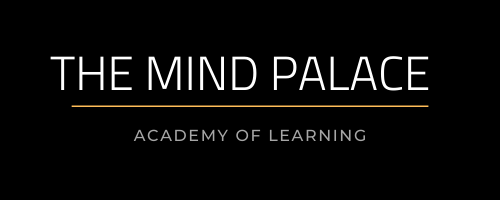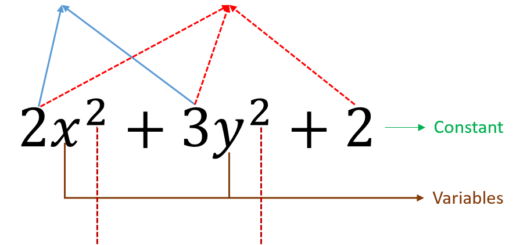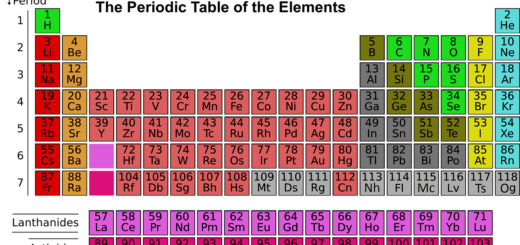Career Options in Education and Teaching

Education and teaching provide fulfilling career options in India. The field of education involves imparting knowledge, shaping young minds, and making a positive impact on society. Here are some key points about pursuing a career in education and teaching:
QUALIFICATIONS:
To become a teacher in India, a minimum requirement is a bachelor’s degree in education (B.Ed.) or a four-year integrated B.A. B.Ed. or B.Sc. B.Ed. program. For higher education or specialized teaching positions, a master’s degree or Ph.D. may be required.
TEACHING LEVELS:
There are different levels of teaching in India, including primary, secondary, higher secondary, and higher education. Each level has its specific requirements, curriculum, and teaching methodologies.
SUBJECTS AND SPECIALIZATIONS:
Teachers can specialize in various subjects such as mathematics, science, social sciences, languages, computer science, arts, music, physical education, and more. Specializations allow teachers to focus on specific subjects and develop expertise.
SCHOOL TEACHER:
School teachers work in primary and secondary schools, teaching students across different subjects. They create lesson plans, deliver lectures, assess student performance, and provide guidance and support.
COLLEGE AND UNIVERSITY PROFESSOR:
College and university professors teach at the higher education level. They deliver lectures, conduct research, mentor students, and publish academic papers. They may specialize in a particular subject area and contribute to knowledge and scholarship in their field.
EDUCATION ADMINISTRATOR:
Education administrators are responsible for managing educational institutions, including schools, colleges, and universities. They oversee curriculum development, staff management, student admissions, and financial planning.
EDUCATION CONSULTANT:
Education consultants provide guidance and advice to students, parents, and educational institutions. They assist in career counseling, admission processes, curriculum development, and educational policy analysis.
ONLINE AND DISTANCE EDUCATION:
With the advent of technology, online teaching and distance education have gained popularity. Teachers can deliver lessons and interact with students through virtual platforms, reaching a wider audience.
RESEARCH AND ACADEMIC INSTITUTIONS:
Teachers can also pursue research and teaching positions in academic and research institutions. They contribute to educational research, design innovative teaching methodologies, and mentor aspiring teachers.
PROFESSIONAL DEVELOPMENT AND CONTINUOUS LEARNING:
Teachers need to engage in continuous professional development to enhance their teaching skills, stay updated with educational trends, and implement best practices in the classroom. Workshops, conferences, and online courses can contribute to professional growth.
GOVERNMENT EXAMINATIONS:
Various government examinations such as the Central Teacher Eligibility Test (CTET) and State Eligibility Test (SET) are conducted to qualify and certify teachers for specific levels or subjects.
Teaching is a noble profession that requires passion, patience, and dedication. It offers the opportunity to shape young minds, inspire learning, and contribute to the development of individuals and society. It’s essential to have effective communication skills, a love for learning, and a commitment to the well-being and growth of students.














